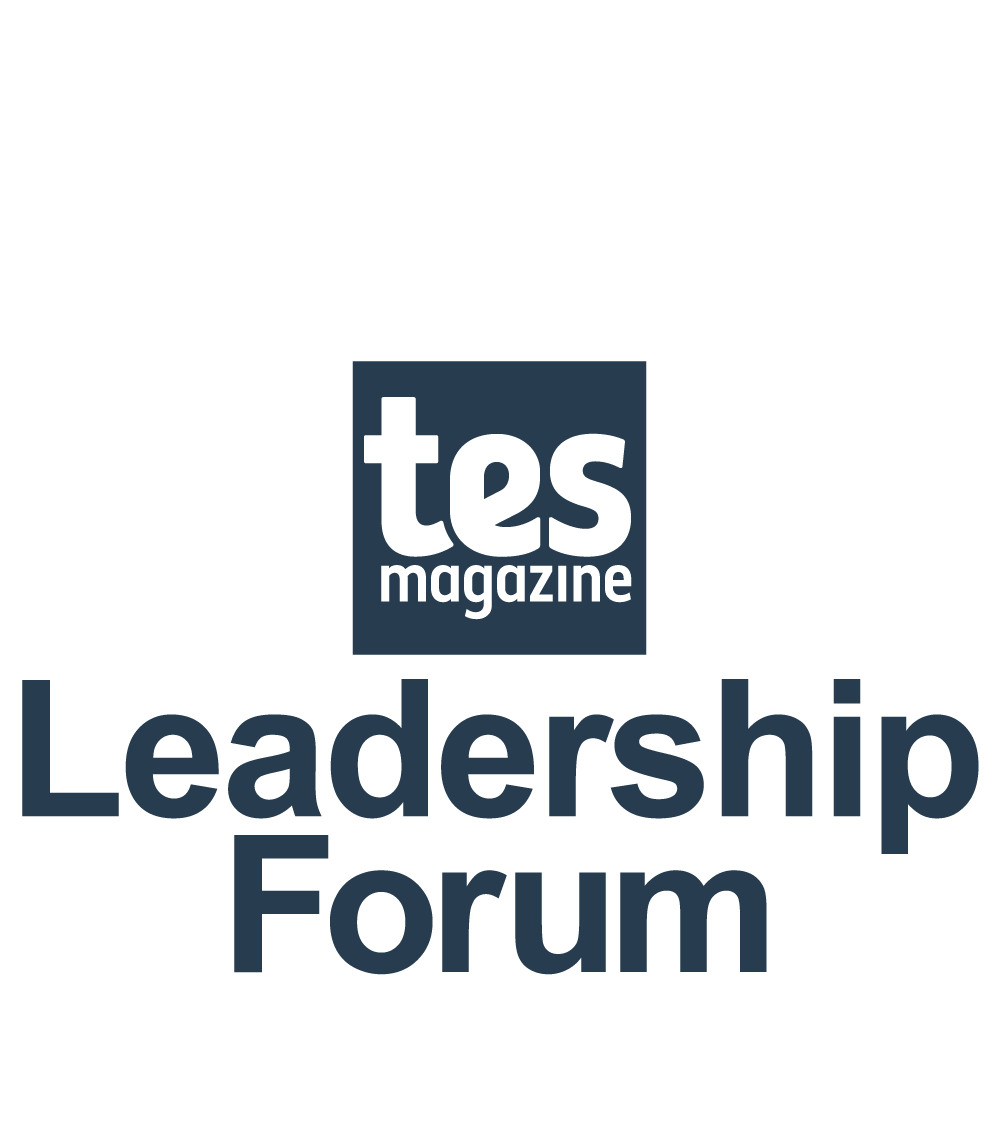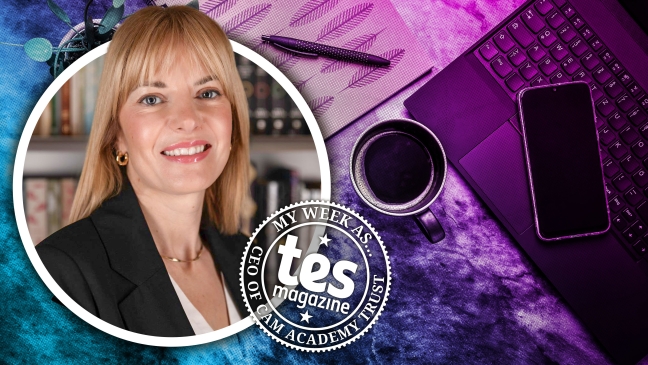My week as...CEO of Cam Academy Trust
Share
My week as...CEO of Cam Academy Trust
Claire Heald joined the Cambridge-based 11-school Cam Academy Trust as chief executive in June this year.
She started her career as an English teacher and still considers herself to be this first and foremost.
Her subsequent “typical teacher career” saw her progressing to head of year, and then to head of department and on to a range of pastoral and curriculum roles, before becoming assistant principal at a struggling school that later joined Ormiston Academies Trust.
Under the headship of Dame Rachel de Souza - who is now children’s commissioner - Heald rose to the role of deputy head, before setting up the free school Jane Austen College.
She later moved to Inspiration Trust, rising to deputy CEO, before becoming the national education director at Lift Schools, formerly Academies Enterprise Trust.
She speaks to Tes about a typical week as CEO of Cam Academy Trust.
Being a visible leader
I’m three or four months into my role so one of my important priorities is being really visible. That means thinking carefully about how I spend my time so that I’m present and focusing on relationship-building with trust teams, headteachers and school staff. I spend two or three days across three or four schools every week.
I make a point of speaking to staff and creating opportunities for them to talk to me when I’m in those schools. One of the things I’m committed to this term is going to an all-staff meeting in every school, so staff have a chance to meet me and ask questions in an open session, and also describe what’s important to them and what they think should be added to their school.
I want people to see that I’m listening and giving them a chance to contribute to the conversation.
We have a handful of higher-priority schools that are getting more school improvement support. I try to get to those at least once a fortnight and I work more closely with those headteachers to understand what they’re working on and what they need to support improvement plans.
I am also very pupil-focused. I have offered to take a class in the classroom next door to my office if they’re ever stuck - but they have yet to take up the offer!
Building the team
The other thing that I’m spending a lot of time on is building relationships with my team and trust leadership. It’s really important to think about leadership behaviours and how we work together.
We spend one day a week in the office together and have our operational meeting, which usually involves an update and a bit of problem solving. It means we can catch up and have those important conversations in person.
I also set out some shared principles and leadership behaviours before the very first meeting, with an emphasis on collective responsibility, transparency and ensuring our decisions are data driven. We also create space for strategic thinking about the current status of the organisation, and its potential to evolve over the next decade.
We’re making sure we take full days working with the trust team and headteachers to work out who we are and who we want to be. We’ve been discussing an idea from Professor Alex Hill’s Centennials book more recently about how to have a stable core and a disruptive edge. We’re spending time teasing out what that might be.
Time to reflect
I’m trying to be very intentional and disciplined about setting aside time for reflection each week. I think about the past week, write down my reflections, including on leadership, and plan what I need to prioritise for the next week, month and year. I also take time to read and make sure I’m up to date on wider developments in the education sector.
I also try to protect some time each month to connect with people in other networks to ensure my thinking stays fresh and I have time to pause alongside focused, intense CEO work.
For key school and trust leadership insights delivered every month, sign up for the Tes Leaders’ Briefing newsletter





